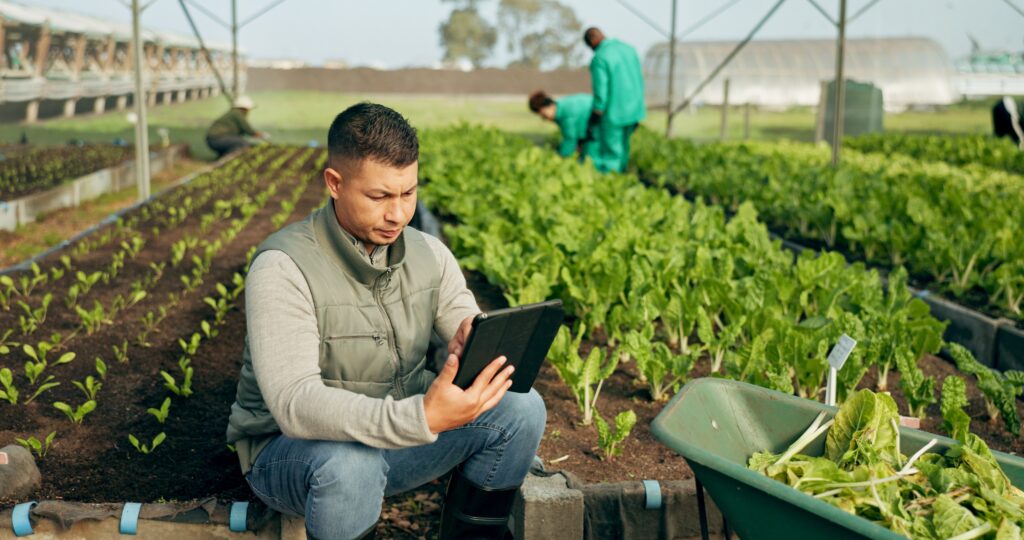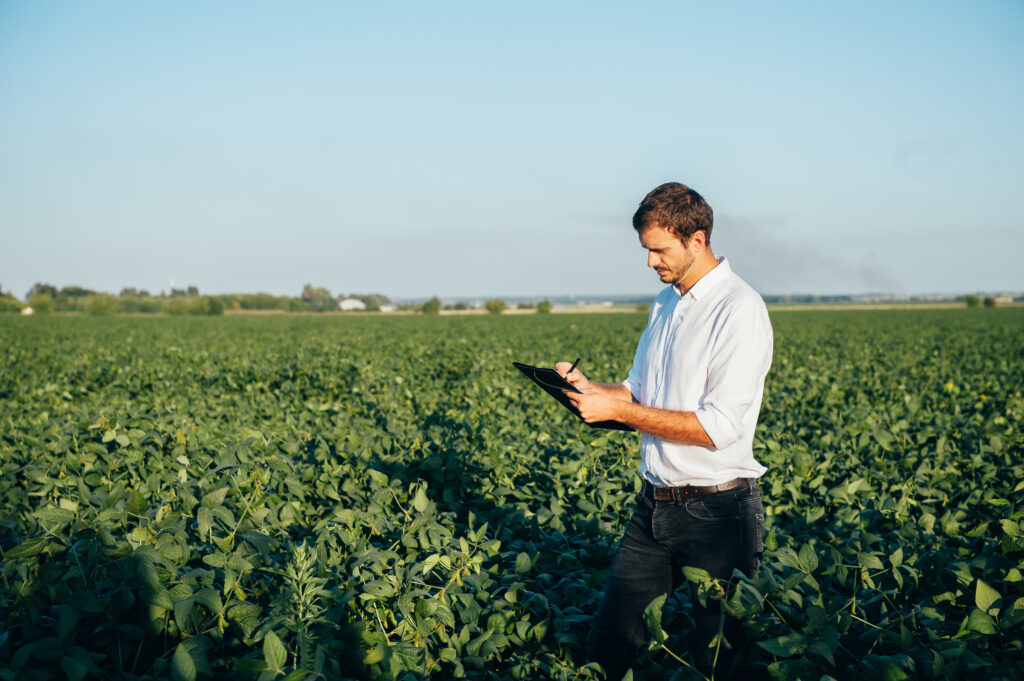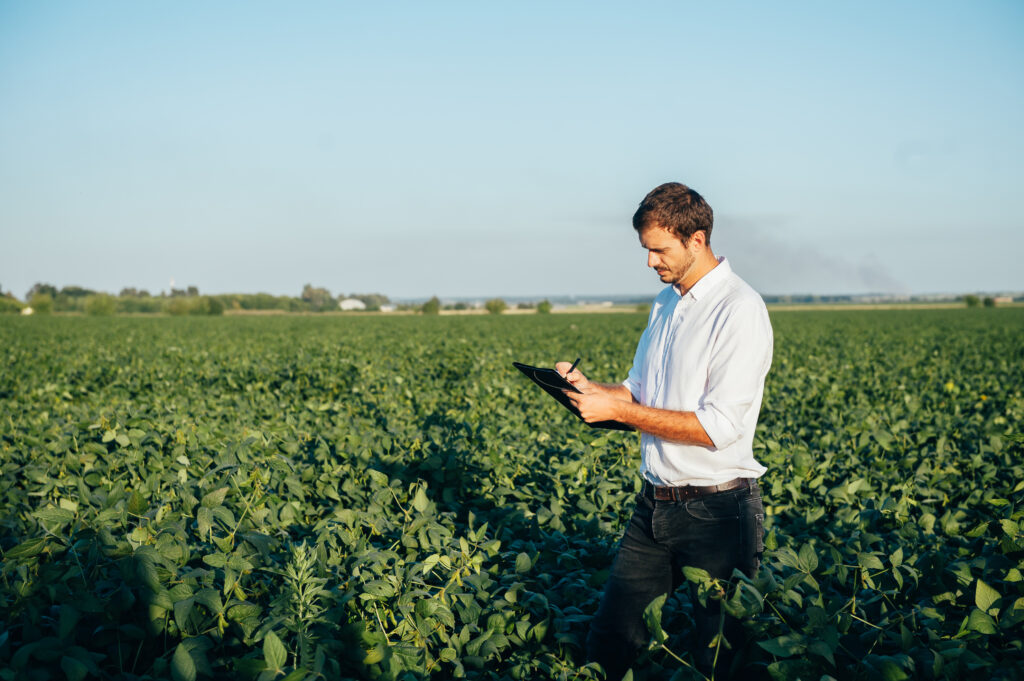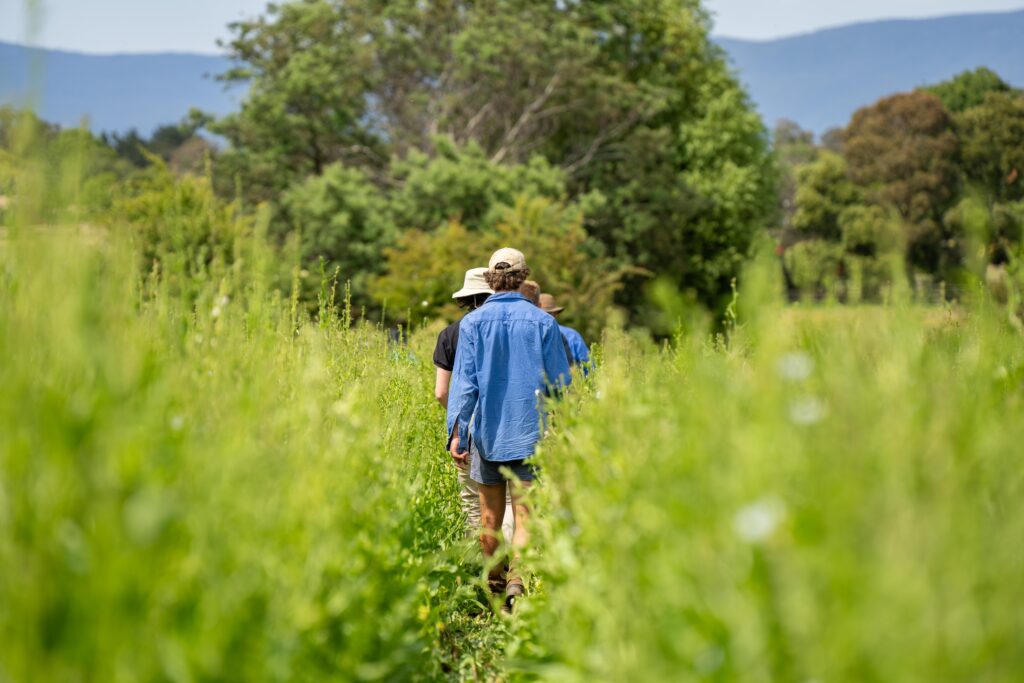If you have a passion for the environment, agriculture and solving problems through innovation and technology, now is a great time to make the leap into an agriculture technology and environment degree.
Agricultural technology, or “AgTech”, uses advanced technologies like robotics, data analytics, and biotechnology to improve the efficiency, sustainability, and productivity of agriculture.
Regional Soils Coordinator for Future Drought Fund Hub and PhD fellow at the University of Southern Queensland (UniSQ) Innovation Hub, Cameron Leckie, shares his experience studying and working in AgTech.
Diverse ecosystems and innovation
One reason many are attracted to agriculture and environmental studies in Australia is the diversity and economic importance of the sector. Australia’s ecosystems range from deserts to mountains and rainforests, which all require specialised research and innovation specific to that climate.
With a relatively small population and large agriculture industry, Australia also faces unique challenges in farming, water management, and conservation.
Cameron shares insights from his experience in the industry since graduating from UniSQ in 2019.
“AgTech is important for a number of reasons. One of the major aspects is the scale of the land that we manage, with few people. Without technology to support that, it becomes very difficult.
Whether it’s satellite data, crop harvesting or water monitoring, all of this informs management decisions.”
World-class education
UniSQ offers undergraduate and postgraduate degrees in Environmental Engineering, Agriculture, Management, Environmental Science and more.
The university also offers industry placement and work experience with some of Australia’s largest agribusiness and rural research and development corporations, meaning students have a unique opportunity to combine world-class education with practical opportunities in the field throughout their studies.
“The main UniSQ campus is located in Toowoomba, which is in the heart of the Darling Downs – one of the prime agricultural regions of Australia,” says Cameron.
“That means they have strong links within the industry. For example, the university has a research centre and a commercial farm set up for monitoring, experimenting and researching, with the goal of solving real-world farming and environmental problems that farmers are facing.”
Focus on sustainability and climate-positive solutions
Like so many industries, the farming, agriculture and environmental science sectors have been hit hard by a changing climate. Australia has felt the impact of this through drought, bushfires, and rising temperatures.
“We have a changing climate and there are many problems to be solved,” warns Cameron.
“When we talk about the complexity of the farming system, that makes it even more difficult, and the margins are getting smaller and smaller.
The universities will play a key part in both generating research as well as generating the people who will be graduating into positions where they’re helping farmers and land managers and primary producers to actually address these issues.”
Career opportunities
Looking to the future, the agriculture, AgTech and environmental industries in Australia are in need of qualified and passionate graduates. Cameron explains that, in his experience, there are currently more job openings than graduates to fill these roles.
“I think there’s a chronic shortage of graduates in agriculture in Australia.”
“We need new people, smart people looking at these problems like how we actually farm sustainably. It’s not just for the next generation, but for the next hundred years, two hundred years.”
Areas that graduates may be able to find work after finishing their studies include:
- Emissions reductions
- Agricultural consulting
- Agricultural science
- Climate risk analysis
- Crop production
- Farm technologies and precision agriculture
- Soils management
“Whether it’s in research, agriculture consultancies or agronomy firms, these roles are also going to become increasingly important because there’s so much technical knowledge, and we need drivers of change, whether that’s the climate or government policy or new technologies.”
With a growing demand for graduates, a degree rich with practical experience, and a country so invested in farming and agriculture, now is a great time to study agriculture and environment at The University of Southern Queensland.





